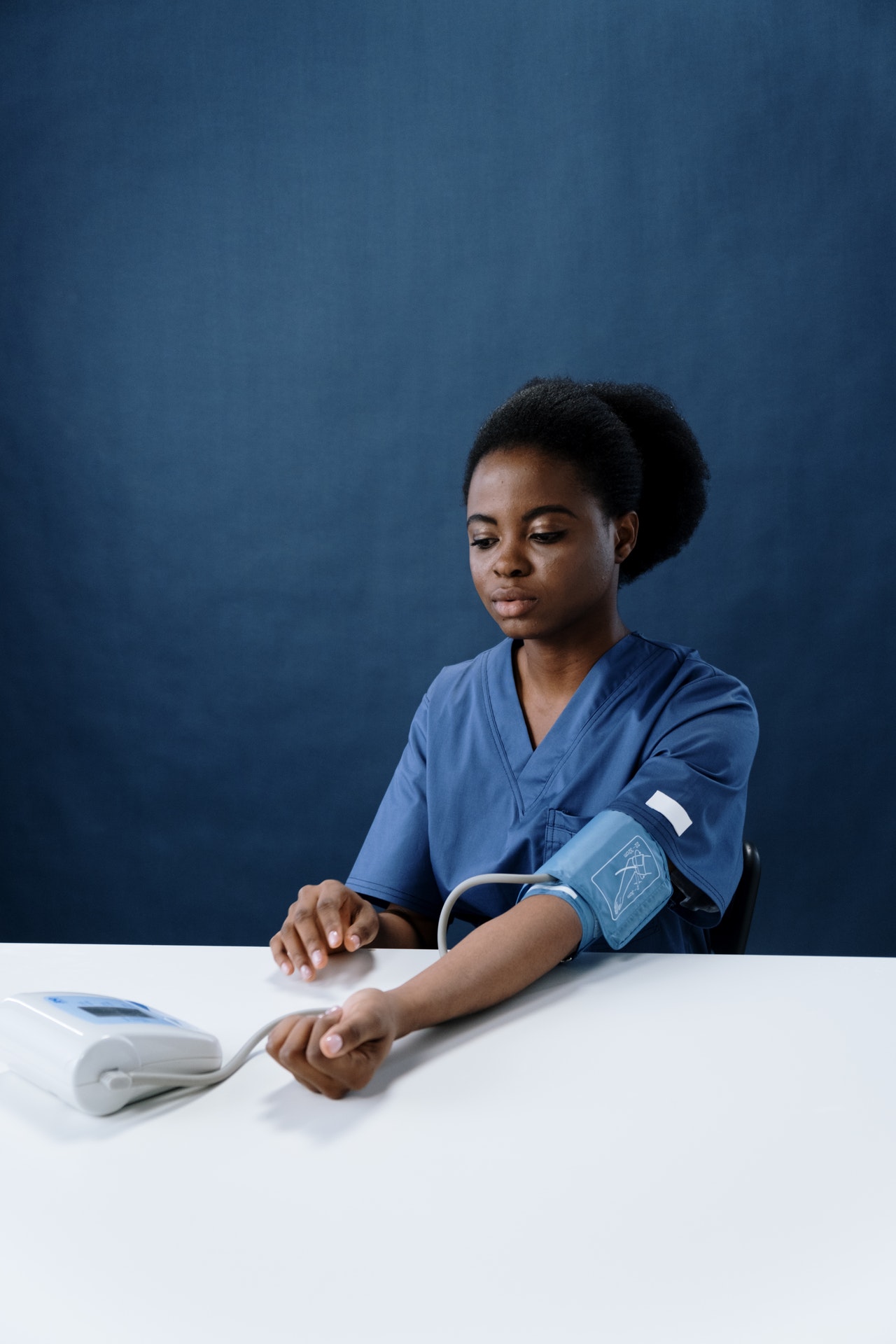Features
SmartWork Inc: What Everyone Needs to Know about Hypertension

Hypertension is a health condition in which the pressure in the blood vessels is persistently raised, putting them under increased stress. It is a persistent increase in blood pressure of > or = 140 mmHg (systolic) and/or > or = 90 mm Hg (diastolic). In many cases, the signs may go unnoticed until it is too late.
Hypertension is a serious but preventable medical condition that significantly increases the risk of heart attack, stroke, kidney failure, and blindness. It is the leading cause of premature death worldwide. Of the estimated 1.13 billion people who have hypertension, fewer than one in five have it under control. High blood pressure is on the rise globally and two-thirds of the world’s hypertensives live in low and middle-income countries.
Is hypertension treatable or curable?
Hypertension has no cure but can be controlled with lifestyle changes and medication. The treatment is life-long and treating hypertension reduces the risk of stroke, heart attack, blood vessel disease, impaired vision, kidney problems, and death. Since people often develop hypertension and diabetes together, it is also important to control both.
What puts me at risk of developing hypertension?
All adults (including young adults) are at risk of developing raised blood pressure. Factors that increase adults’ risk include high sodium diet mostly from salt and seasoning cubes, being obese or overweight, physical inactivity, high consumption of alcohol, tobacco use/smoking, poor consumption of fruits and vegetables, family history of hypertension, and age.
What are the symptoms of hypertension?
It is important to note that feeling healthy does not mean that you are free from high blood pressure. Nonetheless, some symptoms of hypertension include severe headache, fatigue or confusion, chest pain, difficulty breathing, vision problems, irregular heartbeat, blood in urine, and so on.
How do I know if I am hypertensive?
You can only know your blood pressure levels through regular checks at a health facility or at home using a blood pressure monitor. With one-third of hypertensive people not aware that they have the condition, it is wise to make regular measurement of your blood pressure a habit.
Early diagnosis of raised blood pressure can be accomplished through relatively inexpensive testing of blood pressure. Here is how to interpret your reading:
- Normal blood pressure: Systolic BP less than 120 – 139 mmHg and diastolic BP less than 80 mmHg
- Pre-hypertension: Systolic BP = 120mmHg or diastolic BP = 80 – 89 mmHg
- High blood pressure: Systolic BP greater than or equal to 140mmHg and/or diastolic BP greater than or equal to 90mmHg
For the typical personal blood pressure monitor, the upper figure is the systolic BP, the lower figure is the diastolic BP. Note that it is important to keep a record of your blood pressure measurements for professional review by your doctor. For BP monitors that show three figures, the third one – which usually has a smaller size than the first two – is the pulse (always note this too for your doctor’s review).
How can I reduce my risk of developing hypertension?
Research has shown that simple lifestyle choices are effective in preventing hypertension at an early stage or preventing it totally for some people. These lifestyle choices include:
- Reducing sodium intake by cutting down on salt and seasoning cubes and improving potassium intake – most fruits and vegetables are rich in potassium.
- Achieving and maintaining healthy body weight.
- Being physically active – doing at least 30 minutes of regular, moderate-intensity activity on most days.
- Eating a healthy diet and minimising sugar, saturated fats, and caffeine.
- Avoiding/managing stress
- Avoiding tobacco use – smoking increases the risk of hypertension, diabetes.
I have already been diagnosed with hypertension, is there anything I can do?
Absolutely! Firstly, you should be grateful because many people find out when they have a stroke. Some people do not even get diagnosed, they just slump and die.
If you are diagnosed with hypertension, see a doctor immediately for further medical attention. Next, make the simple lifestyle changes listed above to control your blood pressure and reduce your risk of developing complications, having a stroke, or dying. Lastly, keep your doctor’s appointments, and follow their advice. If you are placed on medications, take them religiously, and continue to keep track of your blood pressure daily.
***




















